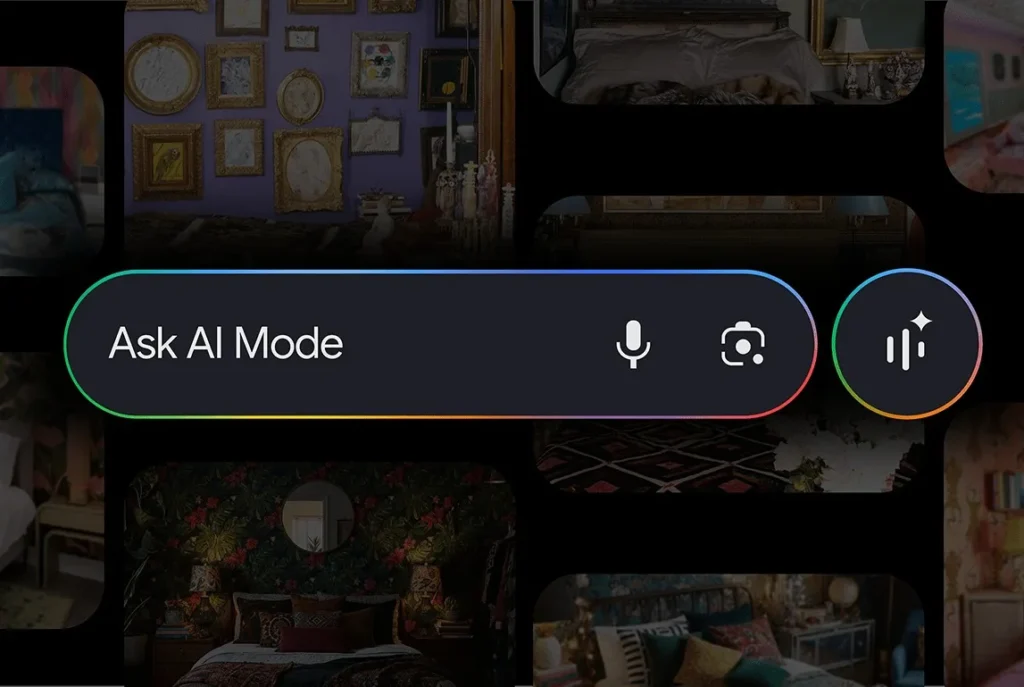Apple delays its new features in Europe due to the Digital Markets Act
Since its implementation three years ago, the Digital Markets Act (DMA) of the European Union aims to curb anticompetitive practices among major tech platforms, particularly by simplifying platform switching and data transfer between devices and applications.
Apple has confirmed that it must postpone the launch of several new features in Europe due to its inability to make them compliant with the DMA.
In a statement released on Wednesday, the Cupertino company explained that the obligations imposed by the DMA lead to “more complexity and more risks for our European users,” especially due to the forced opening of its services to third-party devices.
Which features are affected?
Among the new features delayed in Europe:
- Real-time translation with AirPods (live translation powered by AI).
- iPhone mirroring, which allows users to display their iPhone screens on other displays.
- Visited places and preferred routes in Apple Maps (features related to travel and favorite locations).
According to Apple, the requirement to open these services to non-Apple devices would endanger the security and privacy of user data. The law mandates that companies open their ecosystems to competition by making their proprietary apps and features compatible with third-party hardware and software. However, Apple asserts that its teams are struggling to find a way to comply without compromising user data.
“We have suggested modifications to these features in order to protect our users’ data, but so far, the European Commission has rejected our proposals. Furthermore, according to the European Commission, under the DMA, it is illegal for us to share these features with Apple users until we have implemented them for other companies’ products. If we shared them earlier, we could face fines and potentially be forced to cease distribution of our products in the EU,” wrote Apple in a blog post.
But there are also advancements
Not everything is stalled. The beta code of iOS 26.1 reveals that some functions are being introduced specifically to comply with the DMA:
- A notification transfer system that allows iPhone notifications to be received on competing smartwatches.
- New tools to facilitate pairing with third-party accessories.
Standoff with Brussels
The DMA requires tech giants to open their ecosystems to promote interoperability. Apple, for its part, claims to have already spent “thousands of hours” working towards compliance but warns that the list of delayed features in Europe could continue to grow.
The European Union demands that all these functions be accessible to European users by the end of 2025, under the threat of additional fines. Apple was already fined $580 million in April for violating anti-circumvention rules related to the App Store.
Apple is now calling for the repeal of the DMA, arguing for legislation that is “more suitable,” according to documents cited by the Financial Times.
A calculated strategy?
While Apple’s security arguments may be valid, this maneuver might also serve its own interests:
- Maintaining the “walled garden” that encourages consumers to remain within its ecosystem.
- Mobilizing its European users by temporarily withholding new features to strengthen its position in the standoff with Brussels.




